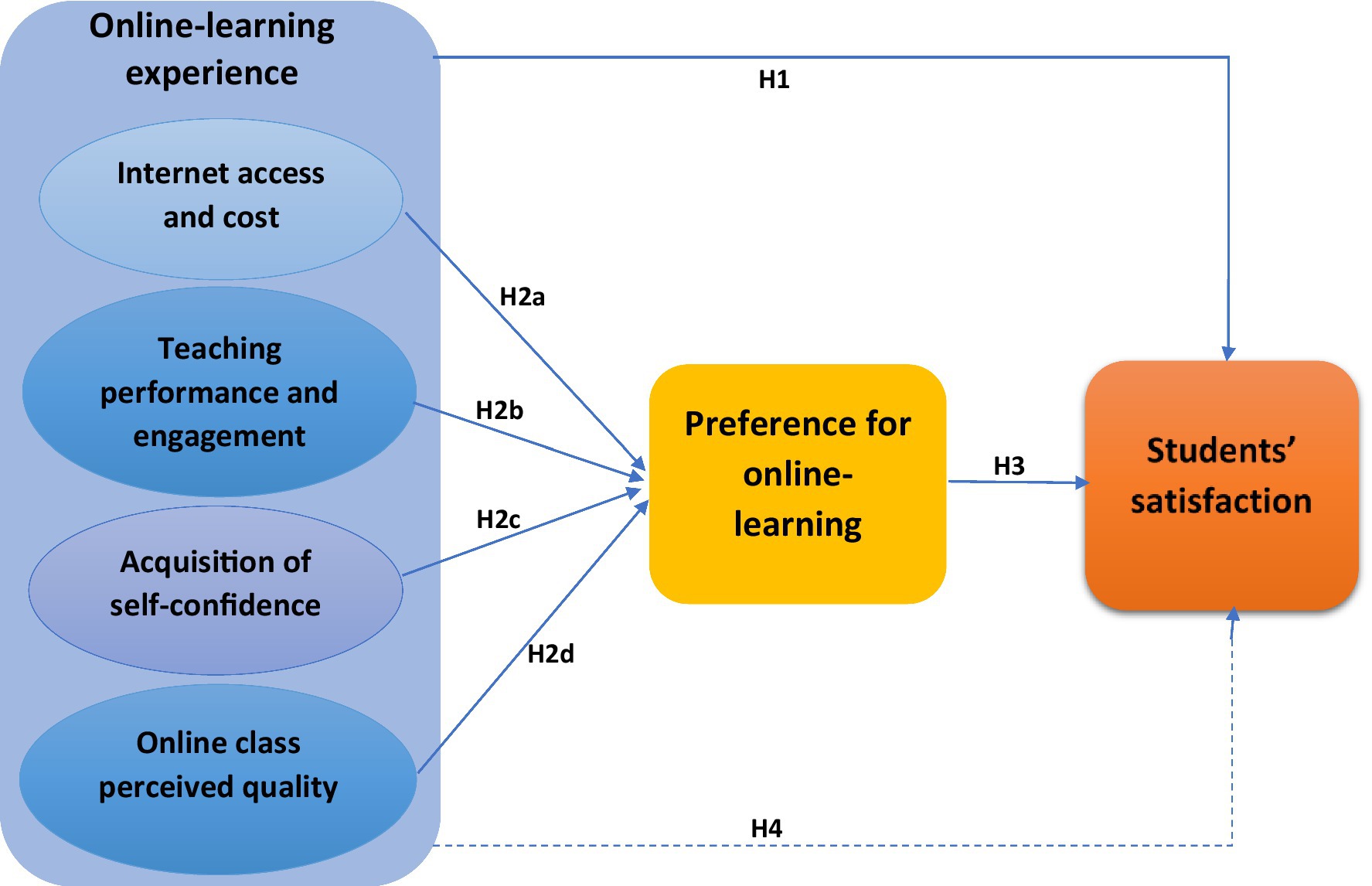joyful
Top-Notch
- Joined
- Feb 14, 2024
- Messages
- 3,772
- Reaction score
- 17,657
- Points
- 83
Principles first, then tools - an excellent strategy! Preparing kids for the online world is daunting, but equipping them with an awareness of digital permanence and the consequences of their actions is a great starting point.
Teaching logical and critical thinking skills is paramount; simple games and apps that offer puzzles and challenges are a fantastic way to develop problem-solving abilities. We should also encourage kids to explore a variety of viewpoints and appreciate the value of diverse perspectives, helping them understand the logic behind differing opinions.
It's a constantly evolving landscape, so focusing on the fundamentals will better prepare kids for the online trends and traps they may encounter.
Teaching logical and critical thinking skills is paramount; simple games and apps that offer puzzles and challenges are a fantastic way to develop problem-solving abilities. We should also encourage kids to explore a variety of viewpoints and appreciate the value of diverse perspectives, helping them understand the logic behind differing opinions.
It's a constantly evolving landscape, so focusing on the fundamentals will better prepare kids for the online trends and traps they may encounter.


